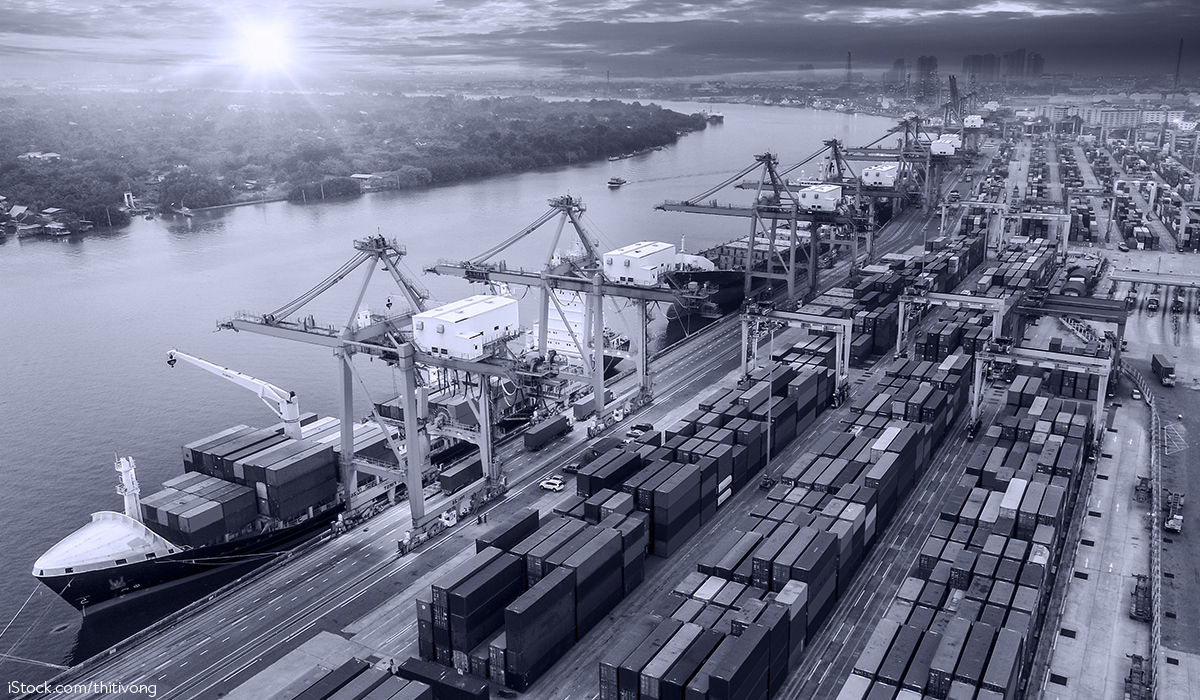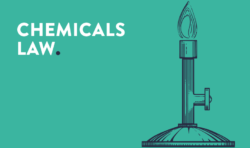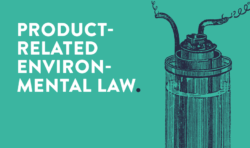This article first places the present draft in the context of the already existing, predominantly voluntary mechanisms for the protection of human rights in the supply chain and then gives a first overview of the intended regulations of the new Supply Chain Act. As the Supply Chain Act is likely to be one of the most hotly contested legislative projects of recent years, only the basic concept of the Act is presented, as it can be assumed that the draft will undergo numerous (far-reaching) changes before its final adoption as a law in the Bundestag and Bundesrat.
Context
The starting point for the protection of human rights against violations by business enterprises in global supply chains is the United Nations Guiding Principles on Business and Human Rights of 2011, which stipulate, on the one hand, a corporate responsibility to respect human rights and, on the other hand, a state duty to protect. Part of the state’s duty to protect is the obligation to introduce remedial mechanisms in the event of violations that have occurred, which enable affected persons to assert claims for violations that have occurred.
These international requirements were implemented in Germany in 2016 with the Federal Government’s National Action Plan – Implementation of the UN Guiding Principles on Business and Human Rights (NAP). However, evaluations of the implementation of the NAP in 2019 and 2020 revealed that only just under 20 percent of the companies concerned sufficiently comply with the NAP’s requirements. Therefore, the German government now feels compelled to implement due diligence requirements in the supply chain by law.
Essential content of the draft
In order to achieve the goal of improving the international human rights situation in the corporate context, the draft of the Supply Chain Act provides for the following basic structures based on the United Nations Guiding Principles on Business and Human Rights:
- According to the current status, only companies with more than 1,000 regularly employed workers are to be affected by the Supply Chain Act, of which there are currently 2,891 in Germany. Companies with more than 3,000 employees will have to comply with the requirements as early as 01.01. 2023. Companies with more than 1,000 employees will only be affected one year later on 01.01.2021. All companies below this threshold are in principle not directly affected by the Supply Chain Act, although it should be noted that Sec. 1 para. 3 of the draft prescribes the addition of the number of employees in affiliated companies within the meaning of Sec. 15 of the German Stock Corporation Act (AktG), as long as at least the group parent is based in Germany.
- The protected legal positions are defined via references to various international sets of rules and thereby include, for example, positions such as life, health, fair working conditions, child protection, prohibition of slavery and freedom of association. With regard to environmental protection, only the provisions of the Minamata Convention on Mercury and the provisions of the Stockholm Convention on Persistent Organic Pollutants are mentioned in the draft. It should also be noted that the obligations under environmental law are not relevant as such, but only as part of the protection of life, health and fair working conditions.
- Due to the comprehensive supply chain definition from the extraction of raw materials to the delivery of a product to the end customer, a comprehensive due diligence is basically required. In particular, it should be noted that the due diligence obligations are not only to be fulfilled with regard to countries that are fundamentally considered to be precarious, but have global validity and thus, for example, human rights violations within Germany are also covered by the scope of application of the Act. However, according to the draft, there is a graduated regime of obligations depending on where a human rights violation occurs – in the company’s own business operations, with direct suppliers (=those suppliers who are necessary for the manufacture of the product or the provision of the service and are in a contractual relation with the company) or with indirect suppliers.
- With regard to the specific due diligence obligations, according to the explanatory memorandum to the draft, the law is intended to establish “a duty of effort, but neither a duty to succeed nor a guarantee liability“.
- In a first step, the companies concerned must introduce and implement an appropriate risk management system, which should lead to the identification of risks, the prevention of their realisation and the termination of violations that have occurred and the minimisation of their consequences. For this purpose, a responsible person must be appointed in the enterprise and a report must be submitted to the management at least once a year. As part of risk prevention, each company concerned must adopt a policy statement on human rights with specific mandatory content, if one does not already exist. In addition, preventive measures must be anchored in the company and vis-à-vis suppliers with whom contractual relationships exist. This includes, for example, training, adjustments to procurement strategies and risk-based control measures.
- Human rights violations that have occurred must be stopped within the company through remedial measures. In the area of direct suppliers, the company concerned must draw up and implement a concept with the supplier concerned to minimise and avoid the violations, whereby business relations with the supplier only have to be (temporarily) broken off as a last resort. In this respect, the law follows the principle of “enablement instead of withdrawal“.
- Furthermore, every company affected by the Supply Chain Act must establish an effective and accessible complaints procedure through which persons affected by human rights violations in the respective supply chain can turn to the company. However, it should be possible to participate in an external complaint procedure, so that not every company has to set up such complaint bodies itself.
- Finally, certain documentation, reporting and publication obligations should be introduced.
- Although persons affected by human rights violations have always had a direct right of action before German courts, they have often not been able to (effectively) exercise this right due to the living conditions in their home countries. Under the draft, it is now envisaged that labour unions and non-governmental organisations can be empowered to litigate in this regard, which may facilitate the enforcement of rights under certain circumstances.
- The Federal Office of Economics and Export Control (BAFA) is to be the competent authority for the enforcement and monitoring of compliance with the Supply Chain Act in Germany. A such, the BAFA, according to the draft, will be obliged to publish “information, assistance and recommendations on compliance with this Act“. This obligation in particular is to be in place before 01.01.2023, so that it can be assumed that corresponding interpretation and application guidelines will be available prior to the time the due diligence obligations come into force.
- In the event of violations of the Supply Chain Act, on the one hand penalty payments and on the other hand administrative fines shall be possible. The fines are to be set as a percentage of the total turnover of the offending company.
- Finally, it should be noted that violations of the Supply Chain Act may, under certain circumstances, lead to exclusion from the award of public contracts for a certain period of time.
Conclusion
Although the Supply Chain Act will not introduce an obligation for German companies to actively prevent global human rights violations or to break off supply relationships with suppliers, the obligation to continuously monitor human rights in their own supply chain will certainly entail considerable effort. At the moment, it is still too early to be able to foresee in detail which obligations will be imposed on companies, as heated debates and continued active participation of the business community are to be expected in the legislative process that is now to be initiated. Active monitoring of the legislative process and the submission of comments (if necessary, also via associations) is the order of the day at the present time. The initialisation of any implementation measures in the company, as well as the adaptation or revision of contractual agreements with suppliers, would certainly be premature at the moment, as the law has not yet been finally passed and changes to the draft are to be expected in the legislative process. In addition, it should be taken into account that the EU is also actively working on binding requirements for human rights and environmental standards in the supply chain in parallel to the national legislative process, so that this may well result in relevant overlaps for implementation in the company.
Once the legislative process has been completed, there should be enough time to prudently prepare and implement the necessary measures and to coordinate them with suppliers. We will closely follow the course of the legislative process and provide another blog post with the concrete obligations and recommendations for action after its conclusion.
Do you have questions about this news or do you want to discuss the news with the author? Please contact: Michael Öttinger






